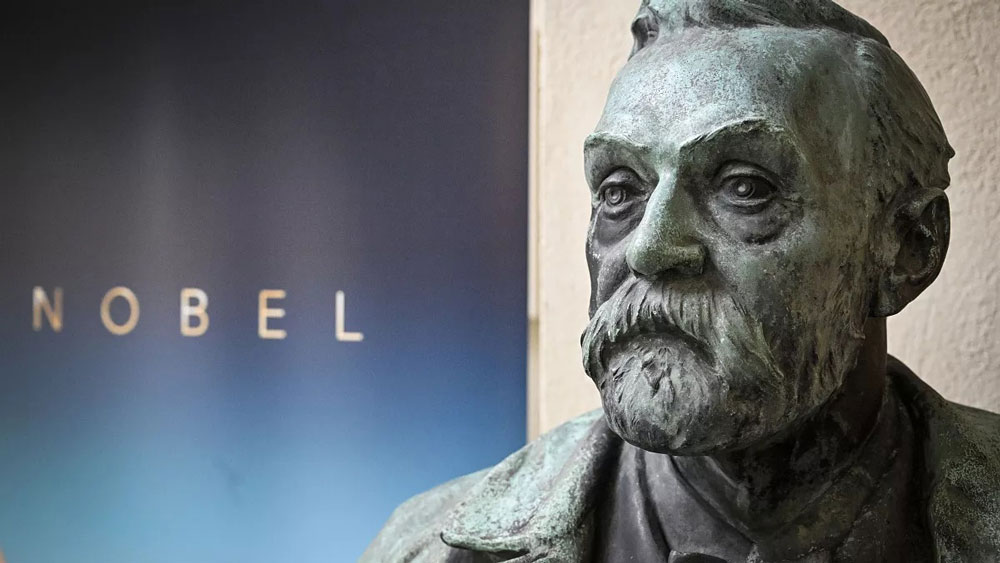The Nobel Prize in Economic Sciences was awarded to U.S.-based economists Daron Acemoglu, Simon Johnson, and James Robinson. The trio received the prestigious recognition for their groundbreaking work on wealth inequality between nations.
The Nobel committee highlighted the importance of their research in understanding why some societies thrive while others remain impoverished. Their work emphasizes the critical role of societal institutions in a country’s economic success. Acemoglu and Robinson’s influential 2012 book, “Why Nations Fail: The Origins of Power, Prosperity, and Poverty,” explores how political and economic systems affect wealth distribution.
Acemoglu and Johnson are professors at the Massachusetts Institute of Technology, while Robinson is the director of the University of Chicago’s Pearson Institute for the Study and Resolution of Global Conflicts, focusing on sub-Saharan Africa and Latin America.
The economists’ research shows that societies with poor rule of law and exploitative institutions struggle to achieve growth. They have pioneered both empirical and theoretical approaches to shed light on global inequality, a pressing issue in social sciences.
The prize, officially called the “Sveriges Riksbank Prize in Economic Sciences in Memory of Alfred Nobel,” includes a cash award of 11 million Swedish kronor (approximately $1.058 million), which will be split among the winners.
This year’s recognition follows the 2023 Nobel award to Claudia Goldin for her work on women’s earnings and labor market outcomes. The Nobel Peace Prize for 2024 was recently awarded to the Japanese organization Nihon Hidankyo for its efforts to eliminate nuclear weapons.
These awards continue to honor significant contributions to understanding and improving global economic and social issues.











